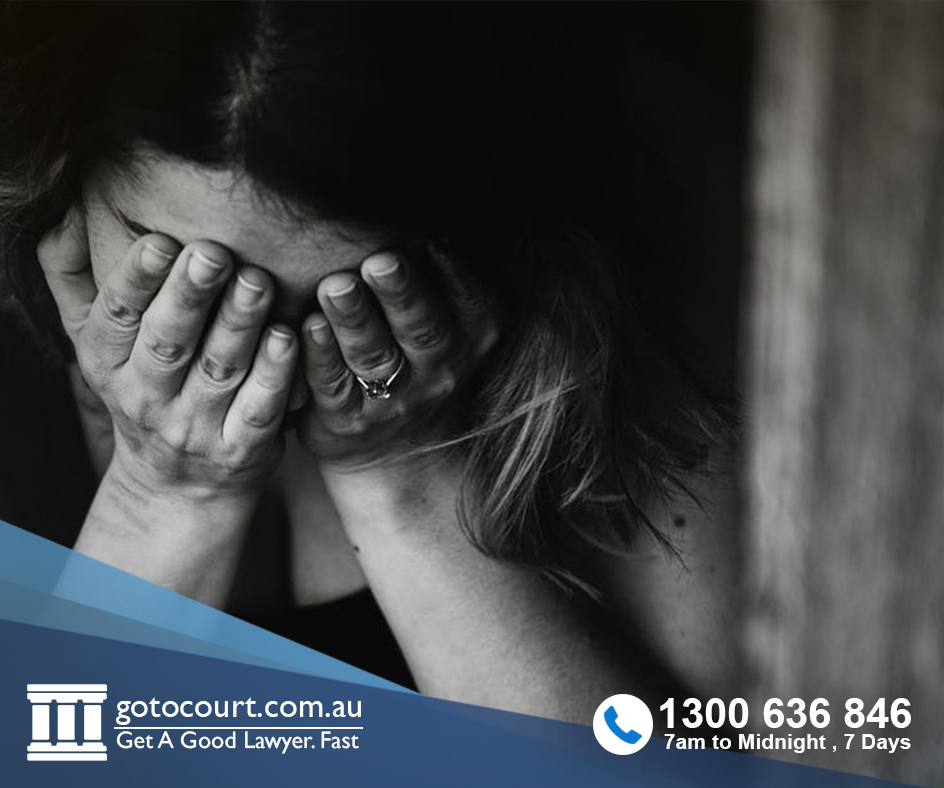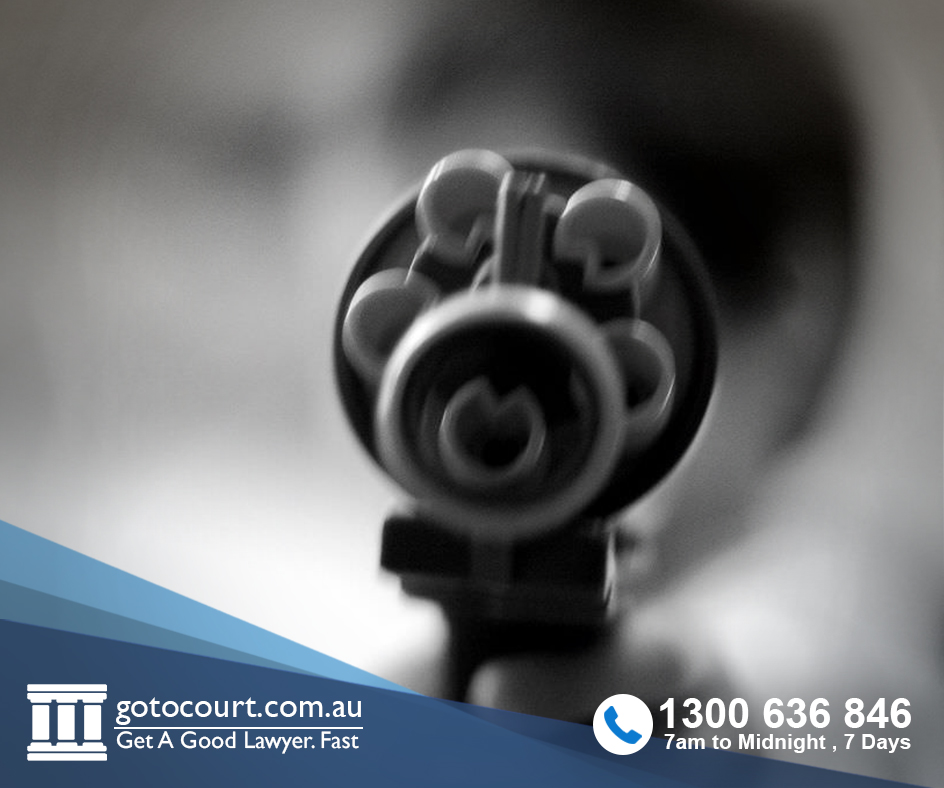Extra-Curial Punishment and Sentencing (Vic)
The Sentencing Act 1991 (Vic), dictates that a sentencing Judge may only impose a sentence for the certain purposes. These purposes are punishment, deterrence, rehabilitation, denunciation, community protection or a combination of two or more of those purposes. When determining an appropriate sentence, the court may also take a number of factors relevant to the offender into consideration. These are known as mitigating circumstances. Extra-curial punishment may be considered as a mitigating factor during sentencing.
What is Extra-Curial Punishment?
Extra-curial punishment may be considered ‘other punishment’. It arises when an offender experiences negative consequence from the commission of an offence or during the investigation and prosecution of the offending. Depending on the circumstance, extra-curial punishment may be taken into account as a mitigating factor by a sentencing Judge when determining the appropriate penalty.
Extra-curial punishment may be particularly relevant to the sentencing principles of just punishment, remorse (where applicable) and general and specific deterrence. There are a number of circumstances that may be considered to fall within the category of extra-curial punishment
Public opprobrium
This factor relates to an offender’s loss of reputation. The court has grappled with how much gravity to afford to the loss of reputation in the circumstances of offending. In the matter of Rumpf, the court determined that a ‘loss to reputation and professional standing is a severe punishment’, however this was discussed less definitely by the High Court of Australia in the matter Ryan, and more recently by the Court of Appeal in the matter of Fucile & Tran.
In the matter of Fucile & Tran, the Court held that public opprobrium can be taken into account at sentencing where the party making the submission ‘legitimately points to the effect which the significant publicity accorded to [the case] has had upon [the offender]’. Public opprobrium may be a ground for reducing the severity of the sentence imposed where the accused has attracted significant publicity prior to sentencing and suffered direct and identifiable consequences.
Loss of career
The court has held that where ‘as a consequence of being convicted or otherwise sentenced for criminal offences an offender loses his or her career’ this ‘should generally be taken into account as an additional form of punishment’.
The general position of the courts is that the weight to be placed on the loss of career should be considered in light of the circumstances of the offending. For example, a person who has committed an offence in the course of their employment may receive less consideration in sentencing than a person that commits a crime that is remote from their field of employment. Similarly, very serious offending will be less likely to give rise to these circumstances as a mitigating factor for the purposes of sentencing.
Injury or loss sustained in offending
A sentencing Judge may take into account the fact that an offender has suffered an injury in the course of, or as a direct consequence of, the offending. The courts have determined it appropriate that this be assessed on a case by case basis and have taken a conservative approach to this in the past. When assessing whether to take injury or loss into account at sentencing, the sentencing Judge will consider injury or loss sustained during the offending as well the impact of this injury or loss in light of the personal circumstances of the accused.
Circumstances where injury and loss have been accepted as extra-curial punishment include:
- Where an offender has been severely injured by another or themselves during the commission of their offending (i.e. a person injured in a collision resulting from their actions or a person that has injured themselves with a weapon used in the commission of a crime),
- Where an offender has forfeited their superannuation as a result of their offending (previously occurring in cases involving public servants), and
- Where a child of an offender has been injured in the course of the offending (such as in driving offences resulting in loss of life of child of the offender).
The court has not accepted extra-curial punishment in circumstances of loss and injury in where an offender convicted of rape has contracted a disease as a result of the offending, and to that end have cautioned that loss or injury will only be mitigating in limited circumstances.
Revenge against the offender
The court is able to take into account other serious detriment experienced by an offender as a result of their offending. In the event that the court considers that the offender has suffered some relevant hardship as a result of their offending, the court may consider this factor when taking into account all factors at the time of sentencing.
Delay
This relates to any harm suffered as a result of delay between the offending and the matter coming before the court for sentencing to occur.
Impact on sentencing
It may be appropriate for submissions in relation to extra-curial punishment to be made to the court in mitigation of sentence. Whilst the courts have historically taken a relatively conservative view to extra-curial punishment, there is an obligation placed on those persons sentencing to consider all relevant factors when determining an appropriate outcome. The relevant factors for consideration by the court include, general and specific deterrence and just punishment.
If you require legal advice or representation in a criminal matter or in any other legal matter please contact Go To Court Lawyers.






